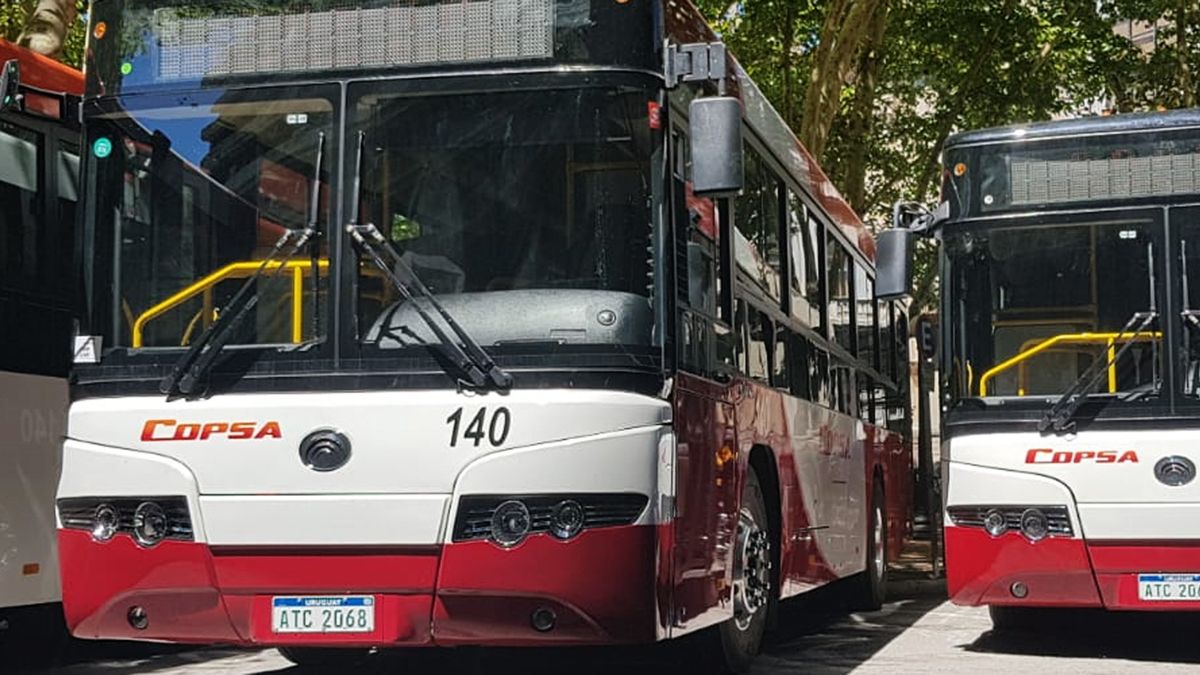This is an advance of the trust that the government would allocate at the end of the year for the suburban transportation sector.
He Banco República Oriental del Uruguay (BROU) enabled the loan of 7 million dollars so that companies suburban transportation and, particularly, Copsa can pay the sums owed to their workers and regularize the critical financial situation that the sector is going through. This is a preview of the escrow that the government will allocate at the end of the year.
The content you want to access is exclusive to subscribers.
The leader of the National Union of Transport Workers and Workers (Unott) Miguel Marrero confirmed that the BROU enabled the loan for suburban transportation companies, which “implies that commuter workers Copsa “They must collect everything they are owed next week, with a deadline stipulated and signed by all parties.”


As he explained to Radio Monte Carlo, the bus company – which was in conflict over the salary debts— It has already fully complied with its obligations from last March with its own resources and still owes a good part of the April salaries, which it should pay in the next few hours.
The money as an advance escrow for the suburban transportation sector—an initiative negotiated with the Ministry of Transportation and Public Works (MTOP) It will be for the payment of older amounts such as licenses, vacation and complementary salaries. “With some colleagues the company had debts since 2021,” said Marrero.
Provisional salary adjustment
On the other hand, Marrero also confirmed that Unott reached an agreement with the suburban transport companies for a Salary adjustment which will take effect from June 1st.
“It is an adjustment for six months that contemplates the salary guideline proposed by the Executive power for this semester, which is 1.91%, and one of the remaining installments of a retroactivity that workers in the suburban sector had. That added together implies an increase of 2.54%,” explained the union leader.
Likewise, he pointed out that it is a semiannual adjustment exclusively “because suburban and urban workers have an agreement of salary equalization since 2008, and in the urban sector negotiations have not yet begun.” “It’s getting out of the way of this moment a little bit,” he added.
Source: Ambito




